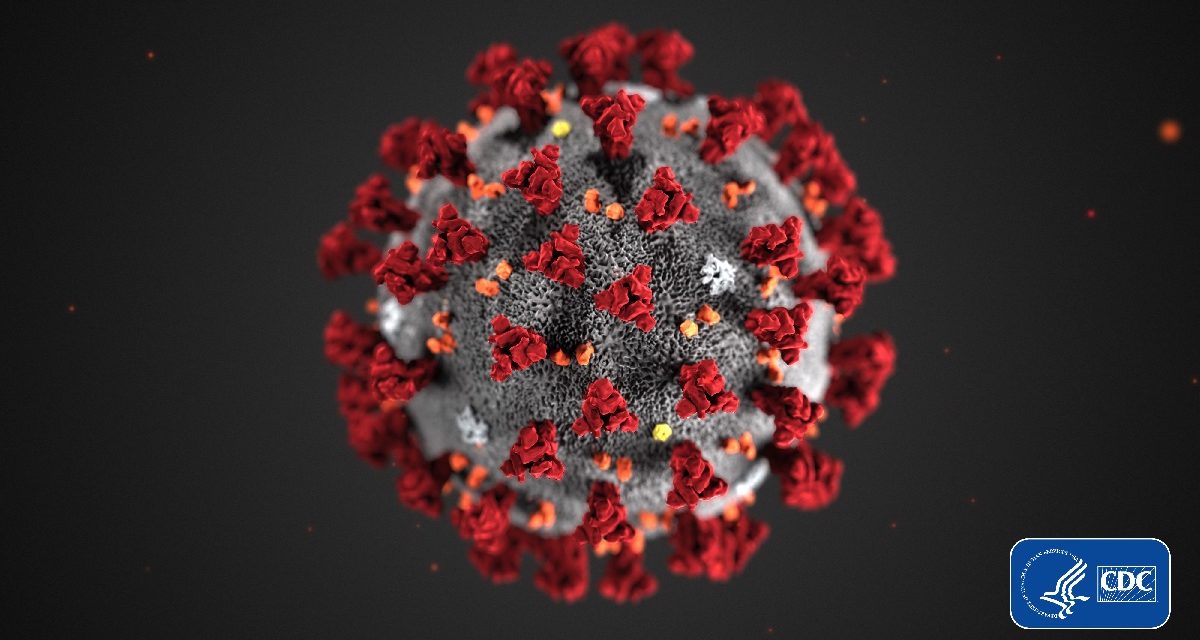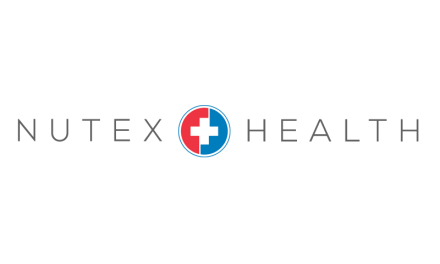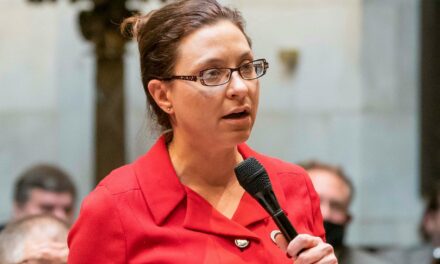
Public health agencies trace COVID-19 contacts, fight misinformation

Local health departments across the state are springing into action to respond to the new coronavirus crisis, playing key roles in contact tracing and fighting against the spread of misinformation.
But the pandemic is also bringing to light underfunding that public health departments nationwide have faced in recent years. The problem is especially acute in Wisconsin, where per capita public health spending is among the lowest in the nation.
“We are ill-prepared for a pandemic of this kind. And part of not being prepared is not even knowing how ill-prepared we are,” said Kirsten Johnson, director of the Washington Ozaukee Public Health Department. “There’s no way our rural counties with one or two staff can respond to this emergency in a way that’s going to be effective. They just can’t.”
Johnson said that public health has resources, but departments need to be “smarter about how we provide our services.”
A major function of the local health departments has been to help with contact tracing.
The Department of Health Services said last week that they’re deploying 60 public health workers to help counties with the effort.
Ann Christiansen, director of the North Shore Health Department, which serves cities and villages just north of Milwaukee, said they’re working with those who have tested positive for the disease to understand who they’ve been around.
They can then follow up with those contacts, determine the risk they have of getting the virus and recommend quarantine for two weeks as appropriate, she said.
“The reason why we do this is to create a circle around those individuals to prevent further spread,” she said on a Tuesday press call with Milwaukee County officials.
She said that they’re seeing the number of people in contact with cases shrinking since social distancing measures went into effect.
“In this pandemic, we really are all in this together,” she said. “It is not a story of the city versus the suburbs versus other places around the state.”
Johnson said that the staff at their Women, Infants, and Children Program, which provides healthy food and nutrition education for low-income families, are still working with clients to ensure they have access to food and other services.
They’re also still handling complaints about restaurants. But since many have closed, the department has its inspectors doing contact tracing.
They’ve shifted community health strategists, who look at community health outcomes like mental health and binge drinking, to work on communication around coronavirus.
Part of her department’s efforts has focused on responding to an outbreak at a nursing home in Grafton. Her agency has issued orders requiring a lockdown of long-term care facilities, mandating that first responders wear personal protective equipment when responding to all health emergency calls and requiring long-term care staffing agencies to have their workers only work at one facility.
“All of us in public health are working together to do the very best we can to protect our most vulnerable and save lives,” Johnson said.
The Division of Public Health at Portage County Health and Human Services is also shifting staff in response to the pandemic, according to Portage County Health Officer Gary Garske.
Since schools have closed, they’ve now using school nurses as back-up to their communicable disease team, which is focused on COVID-19, to handle non-COVID-19 communicable diseases.
“People truly have a heightened awareness of the situation,” he said. “And public health is really trying to do its best to calm their fears and provide them with factual information.”
He said that a challenge has been squashing “the rumor mill.” For instance, they had a situation last week where a worker told an employer that they couldn’t work because they had COVID-19. That led to “a flurry of Facebook postings with misinformation.”
Portage County’s positive case didn’t have anything to do with that situation, Garske said. They’re working on providing education through social media and community partners, he said.
“At the end of the day, it truly is about all of us – and this is beyond public health – but all of us working together,” he said. “By doing so, we will get past this situation.”
Wisconsin Health News is removing the password on all stories related to the coronavirus. For the latest developments follow us on Twitter at @wihealthnews or check out our website. For complete healthcare coverage, sign up for a free trial to our daily email newsletter.





